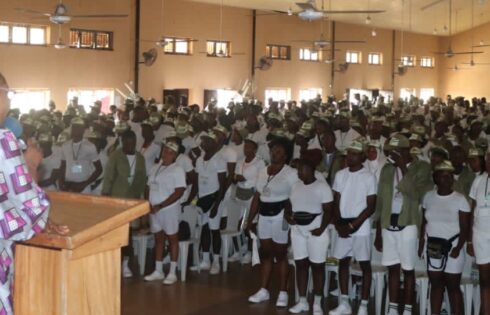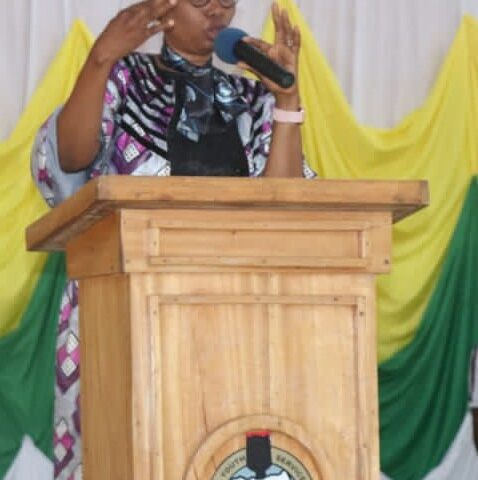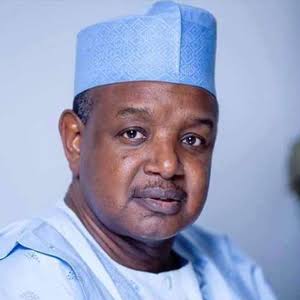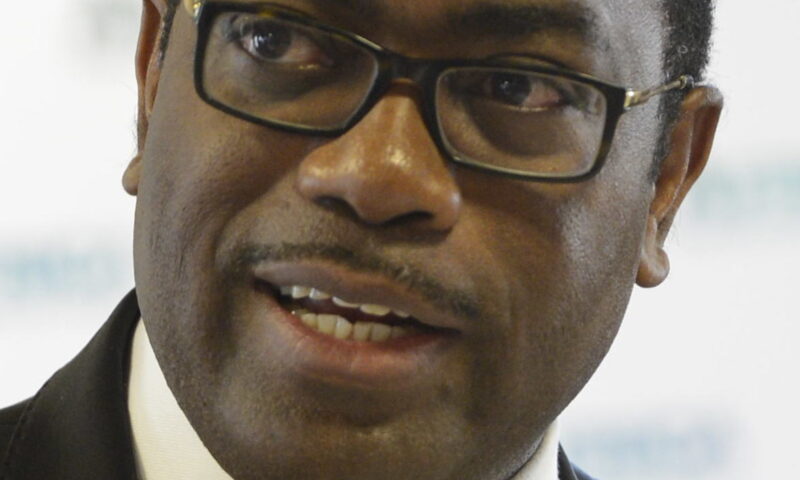By Favour Nnabugwu
Kebbi State Governor, Senator Abubakar Atiku Bagudu said his administration has earmarked N3.5billion for the payment of outstanding gratuities to retired civil servants in the state.
Bagudu revealed this at a Town Hall meeting on the 2023 budget of the state held at the Banquet Hall of the Presidential lodge, Birnin Kebbi.
According to the governor, the state government will defray the outstanding gratuities owed retirees from Dec. 2021 to Sept. 2022.
He explained that the state government has made adequate arrangements to ensure that the payments were made on before the end of this year.
Bagudu also vowed that his administration would not bequeath any unnecessary liabilities to the incoming government in the state.
The governor said hat the last seven years had been horrendous for the world economy, resulting in global financial turbulence.
The Chairman of the APC Governors’ Forum further said,”it is even a miracle that Nigeria had been kept together.
Bagudu said:”I must thank the public servants and the generality of the people of the state for their uncommon show of support and cooperation.
“” I must also thank the people of the state for making do with some of our inadequacies .
“”However, every government should be judged by the challenges it faces and we are glad that we have done our best.
“We will sustain our modest efforts to govern the state transparently, honestly and piously and insha Allahu, the incoming administration will consolidate our achievements.”
He reeled out some completed and ongoing programmes, projects and policies of the state government, saying, “our main objective is to make life easier for the people of the state.
“This affects all the sectors of the economy and we are happy that we have done modestly fabulous.”
He commended the Ministry of Budget and Economic Planning under the leadership of the Commissioner, Dr. Abba Sani Kalgo, the Permanent Secretary, Hajiya Aisha Usman and their team for ensuring the annual budget of the state receives input from traditional rulers, associations and other of relevant stakeholders.
In his welcome address, the Secretary to the State Government, SSG, Babale Umar Yauri,mni appreciated the presence of Kebbi State Governor, Senator Abubakar Atiku Bagudu, top Government officials ,royal fathers, civil society groups and international partners at the town hall meeting.
He said the budget town hall meeting, which was the 4th in the series of town hall meetings organized by this administration, was aimed carrying along every indigene of the State in the preparation and execution of fiscal policies aimed at promoting good governance.
Earlier, the Permanent Secretary, Ministry for Budget and Economic Planing, Hajiya Aisha Usman gave and overview of 2022 budget performance while the Co-Chair Open Government Partnership, OGP, Ibrahim Abdullahi Ngaski presented outcomes of zonal town halls meeting and citizen input into the 2023 budget.
The Commissioner of Budget and Economic Planning, Abba Sani Kalgo had earlier given highlights of the 2023 budget tagged ‘ Budget of Enduring Legacies ‘
According to him the proposed 2023 budget was prepared in
line with the Kebbi State 2023-2025 Medium Term Expenditure Framework.
He explained that the 2023 Budget is based based on a benchmarked oil price of $57 per barrel, Oil production is benchmarked at 1.8 million Barrels Per day, inflation rate is estimated at 20.77% and an Exchange rate of N440 to $1.
The Commissioner averred that the proposed 2023 Budget is in the total sum of One Hundred and Sixty-Six Billion, Nine Hundred and Eighty-Five Million,Seventy-Five Thousand, One Hundred and Ten Naira (N 166,985,075,110) only.
Capital Expenditure he said is 107,323,421,342 – 64% while
Recurrent Expenditure – 59,661,653,768 – 36%.
He pointed out that ‘ This is 10.7% reduction in total budget size from 2022 This is a 3% reduction in capital expenditure from the 2022 budget
” Projected VAT increases from 20.05 billion in 2022 to 20.05 29.95 billion in 2023. Grant and aid projections are down from
47.63bn in the 2022 budget to 38.56 bn. Our Miscellaneous Revenue projections have
reduced from N3.0bn in 2022 Budget to N3.47 bn in the proposed 2023 budget.
Kalgo commended Kebbi State Governor, Senator Abubakar Atiku Bagudu for his transparency and accountability approach in the management of state’s resources which earned the state five honors from the Federal Ministry of Finance and the World Bank.





